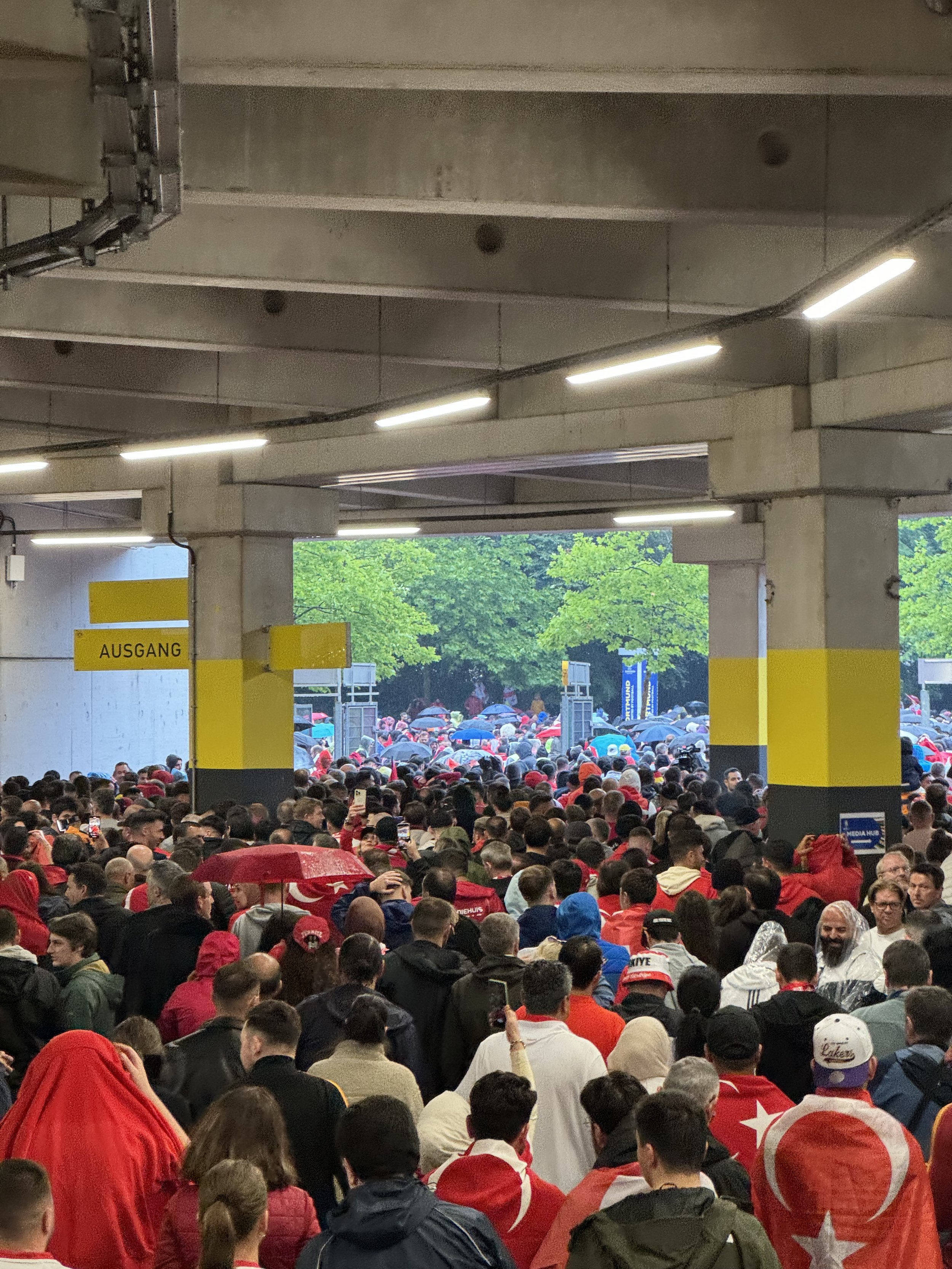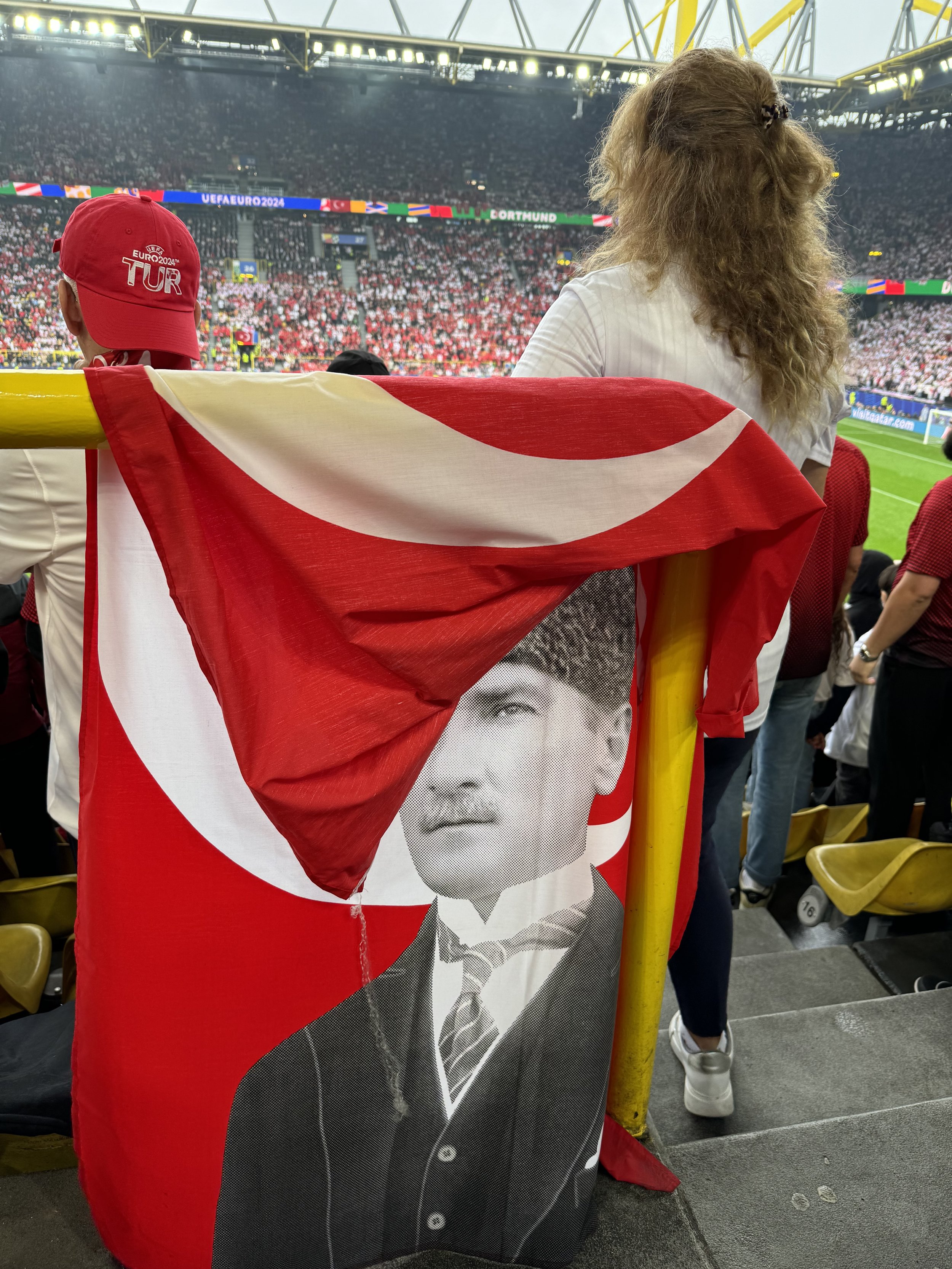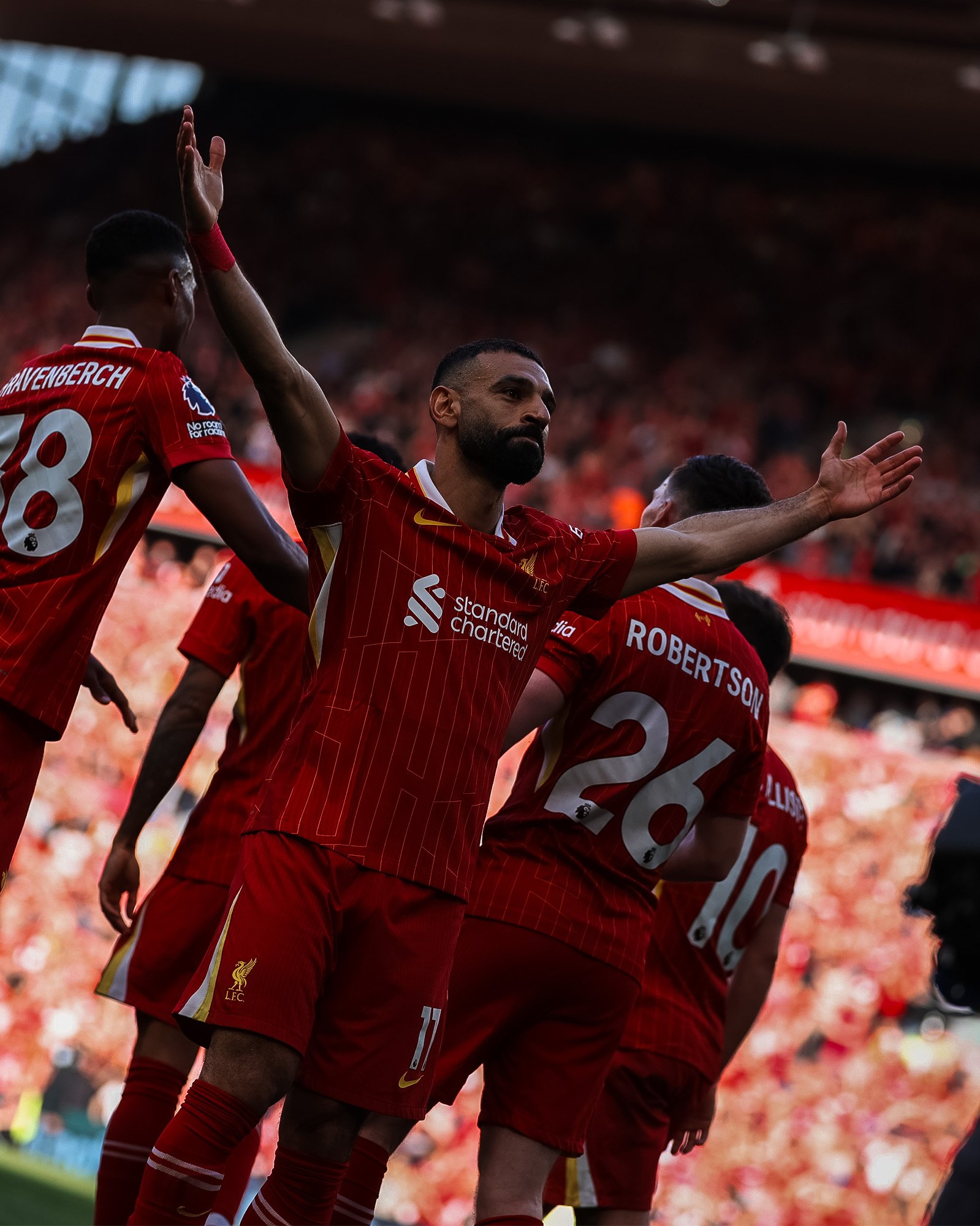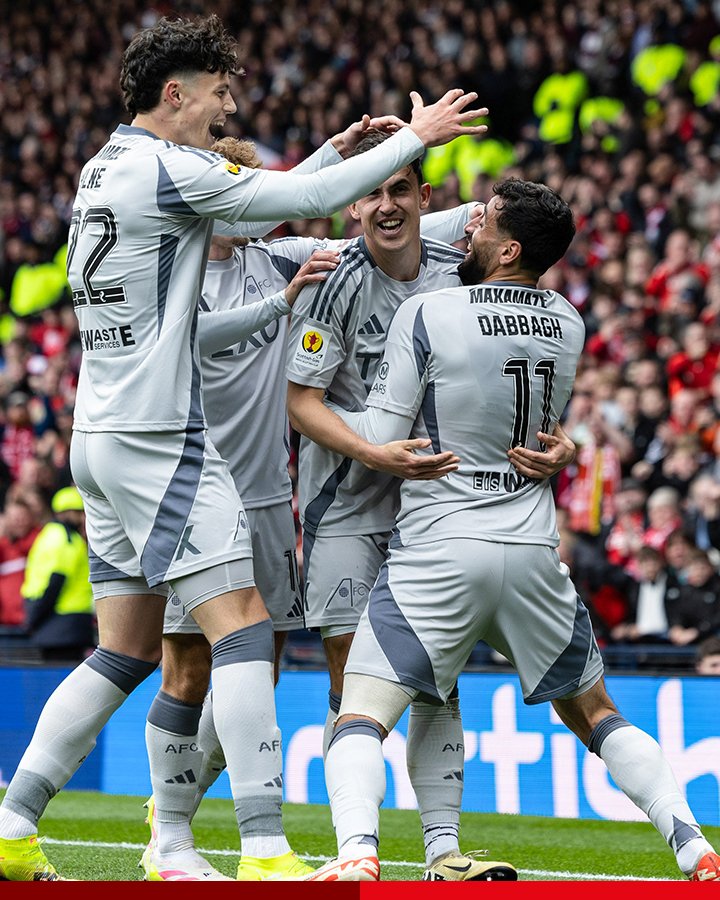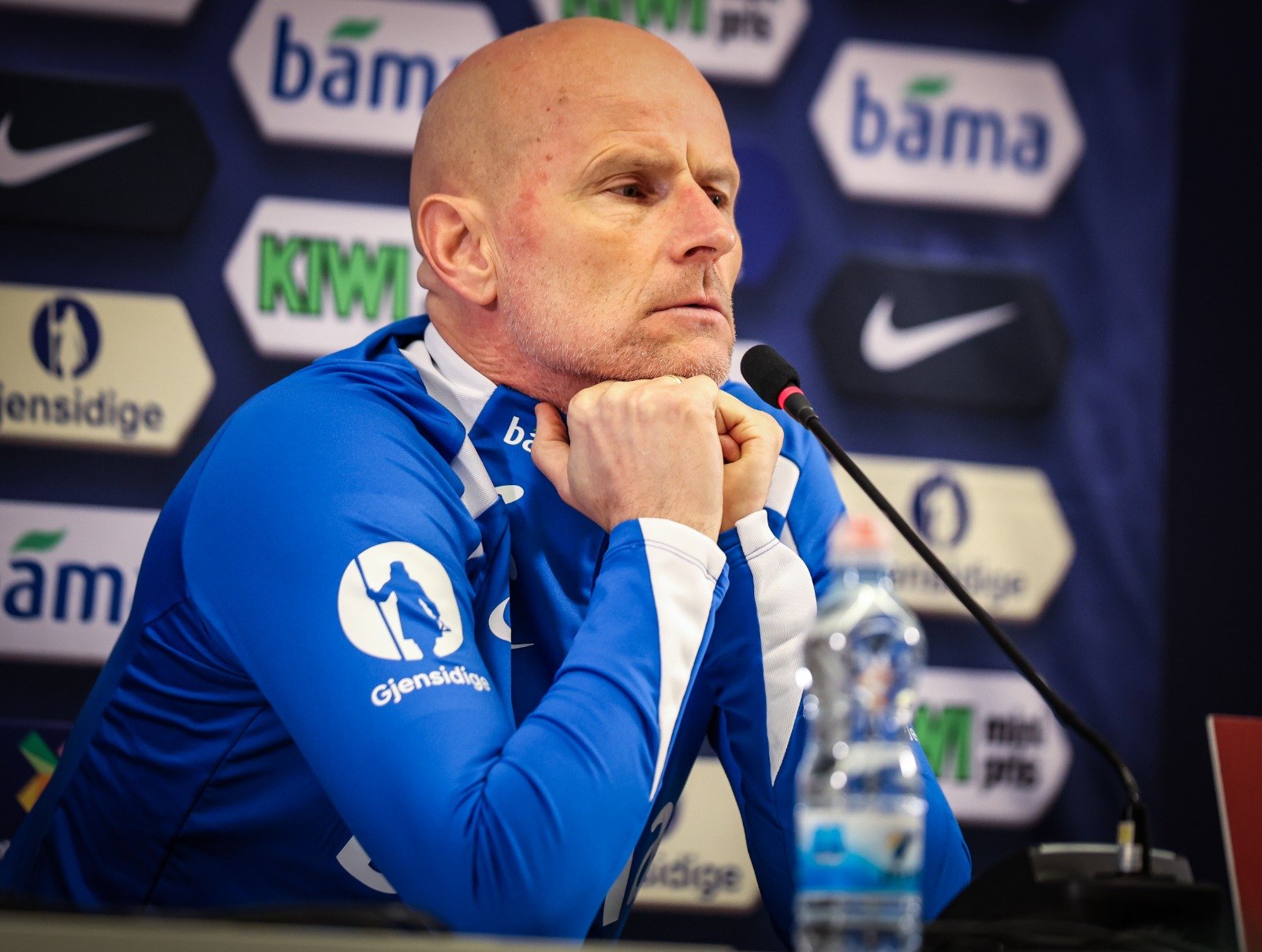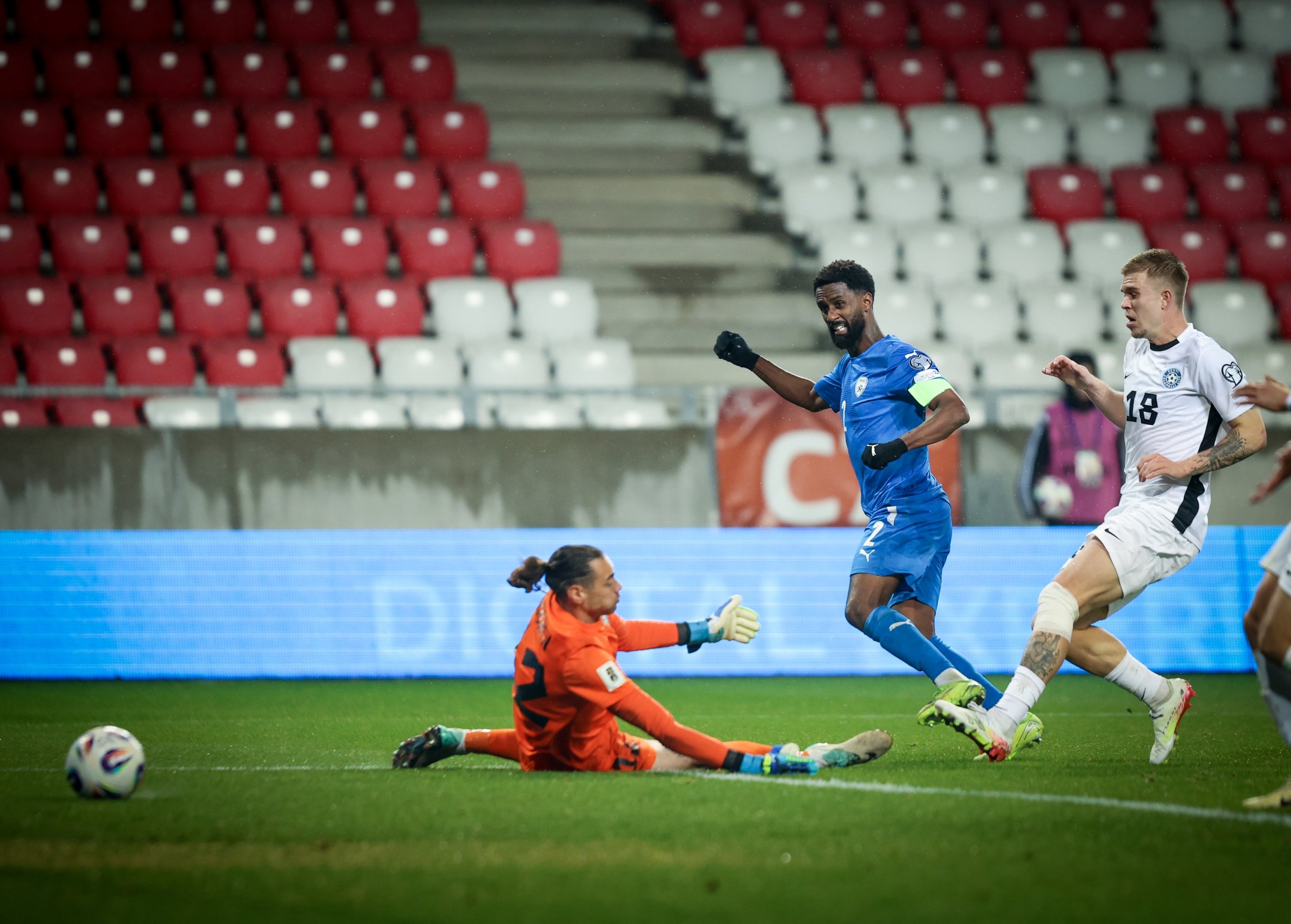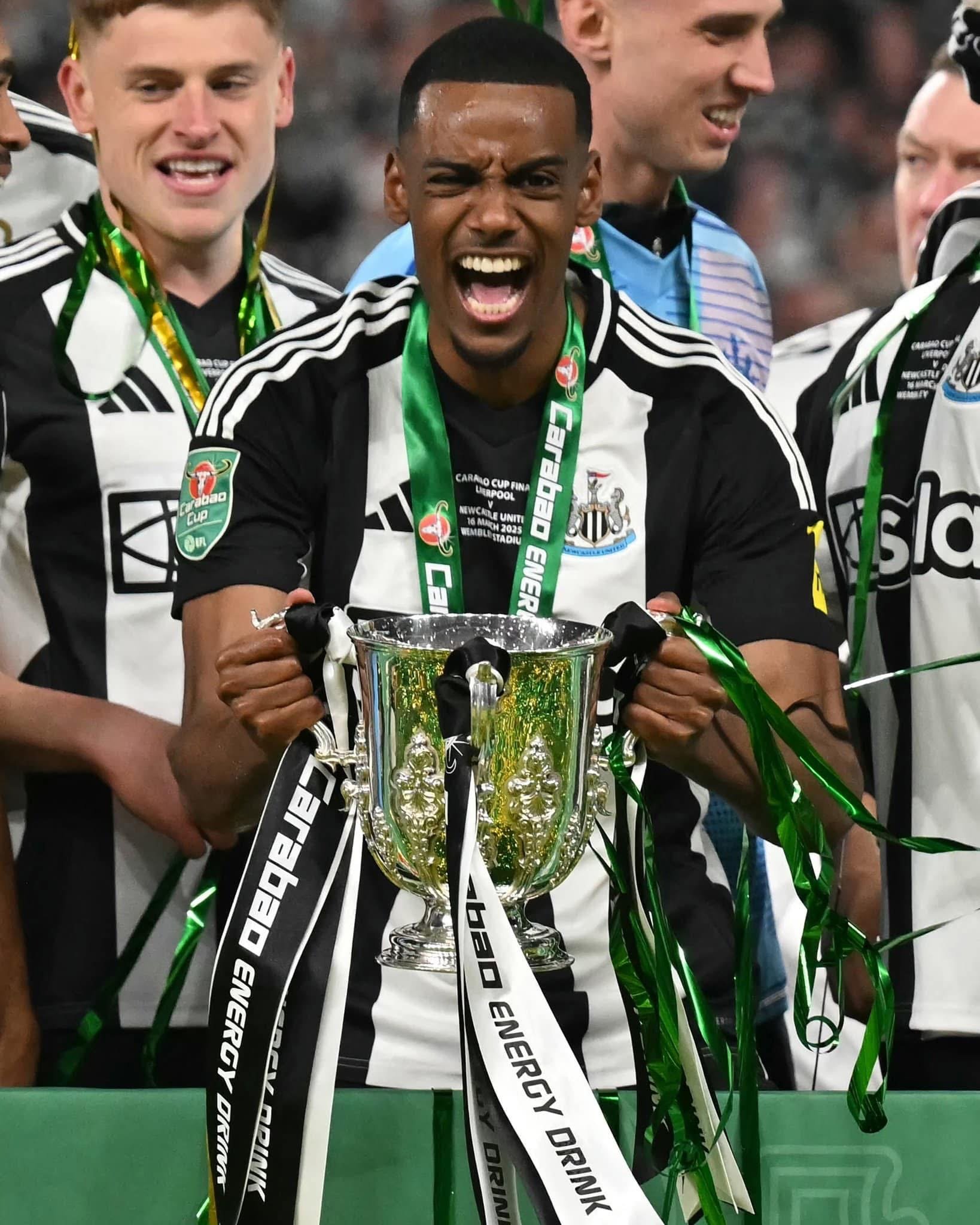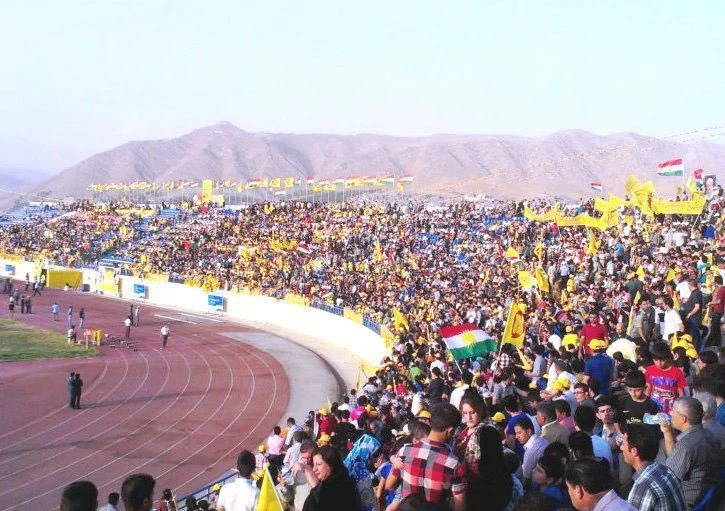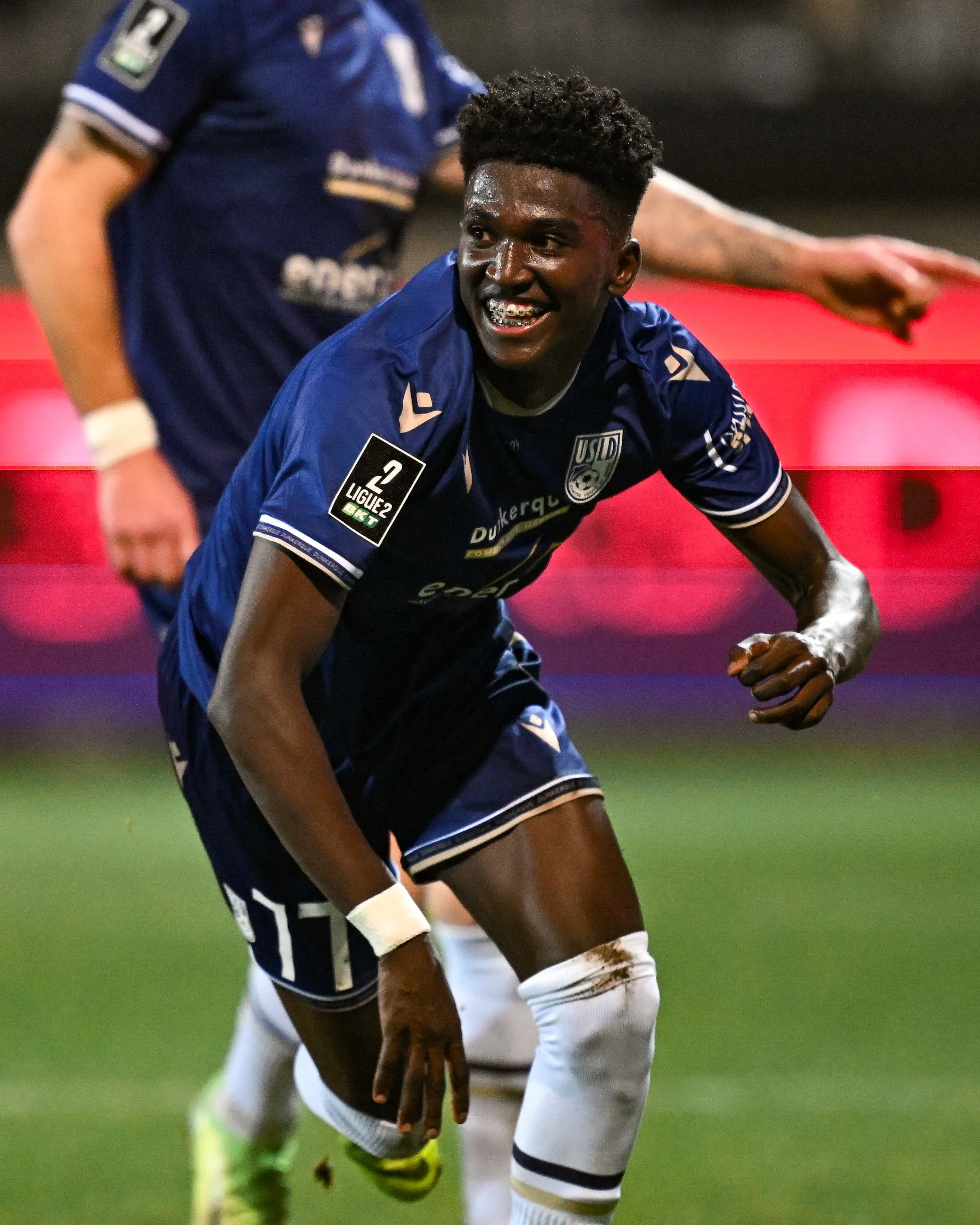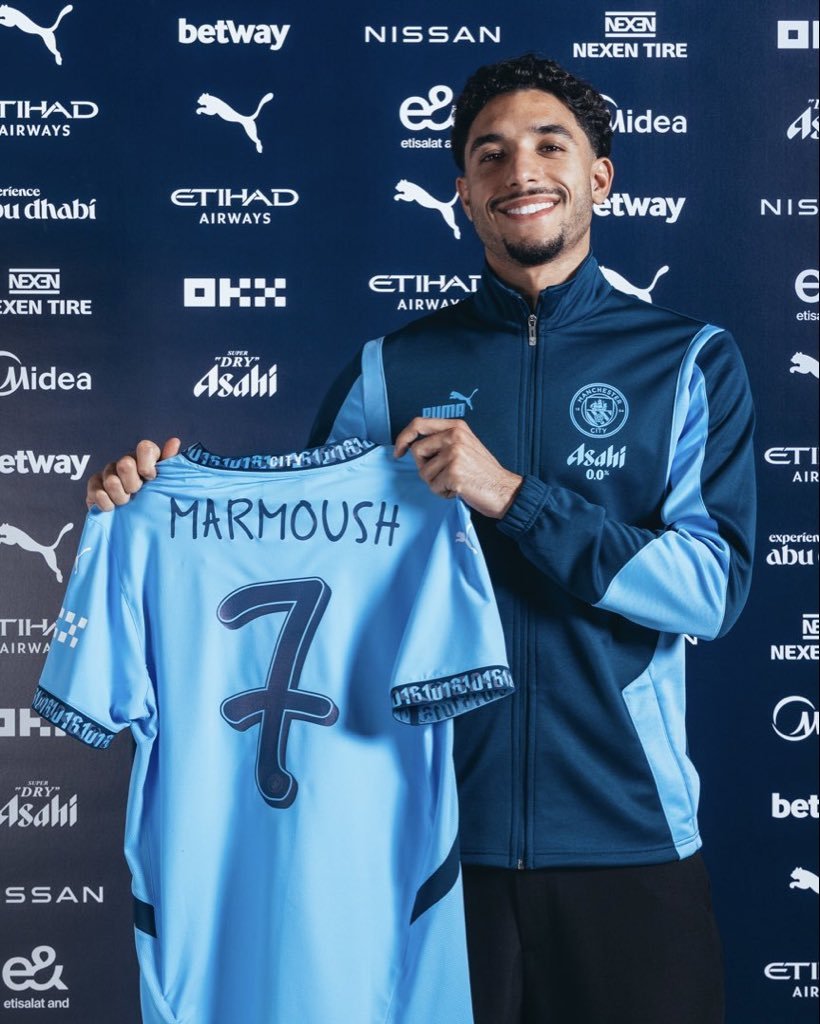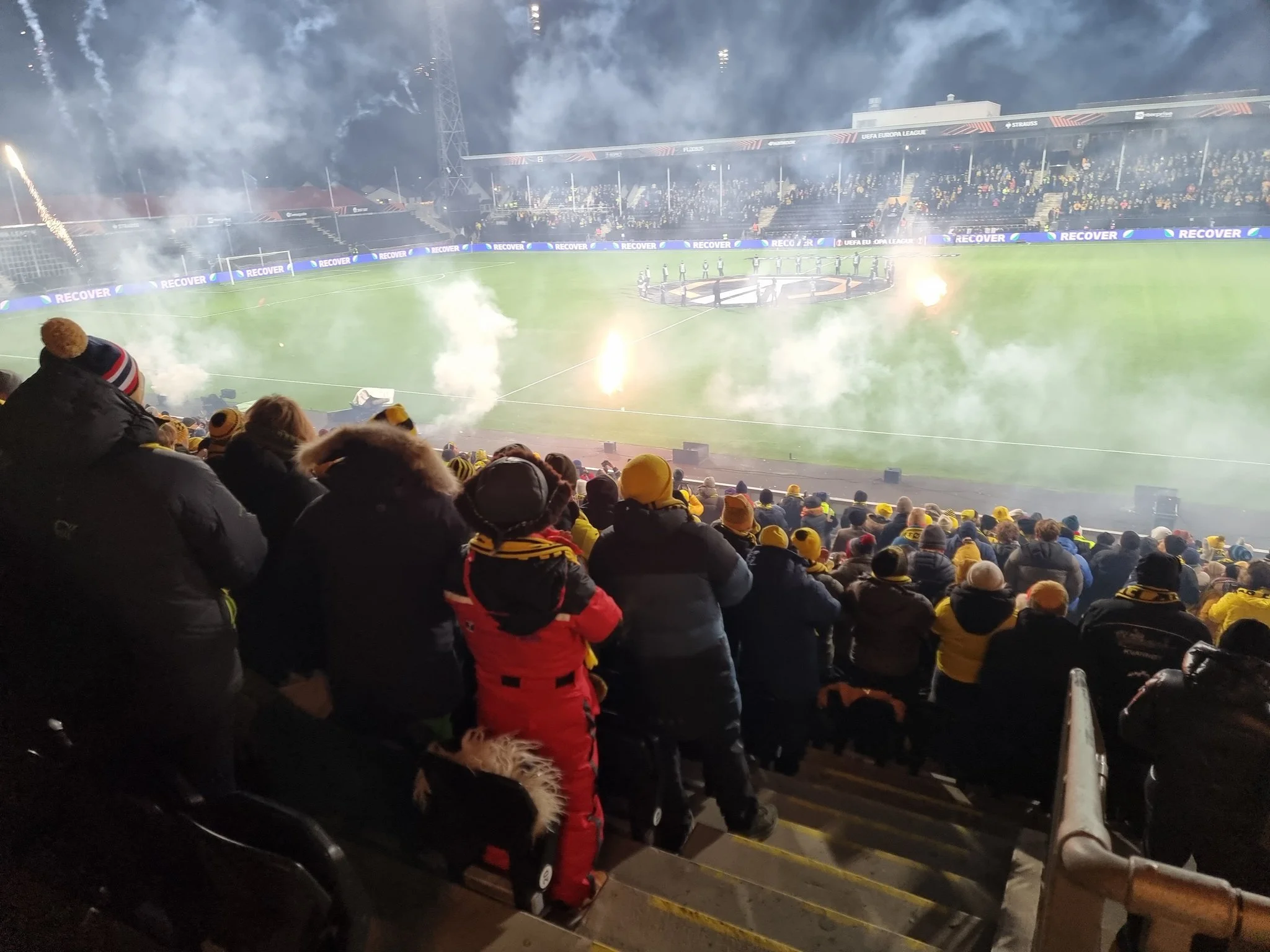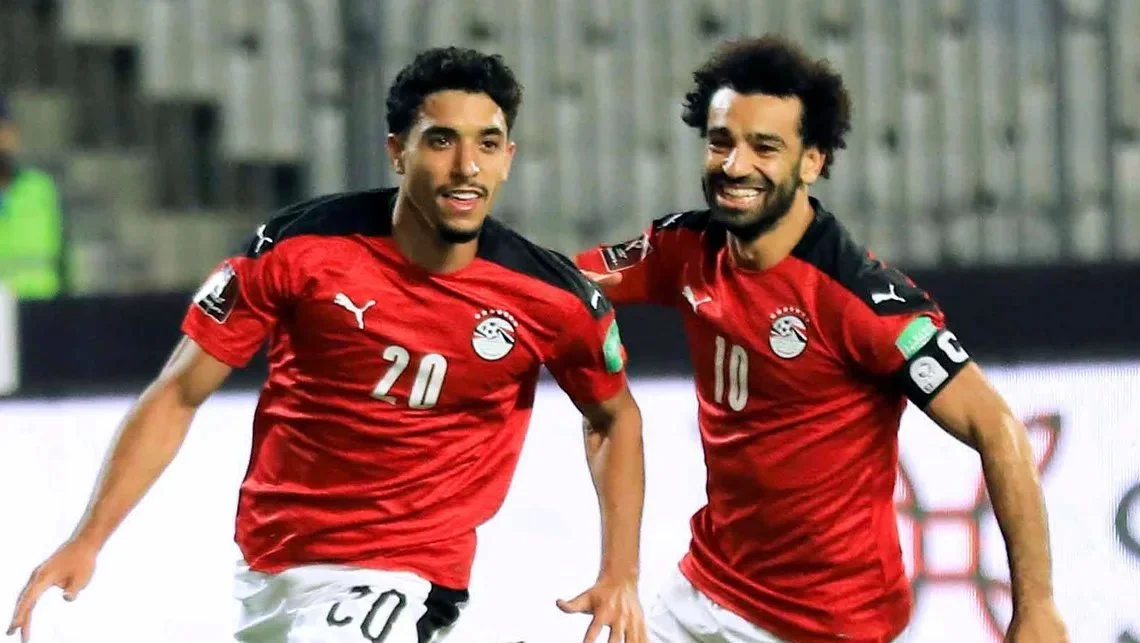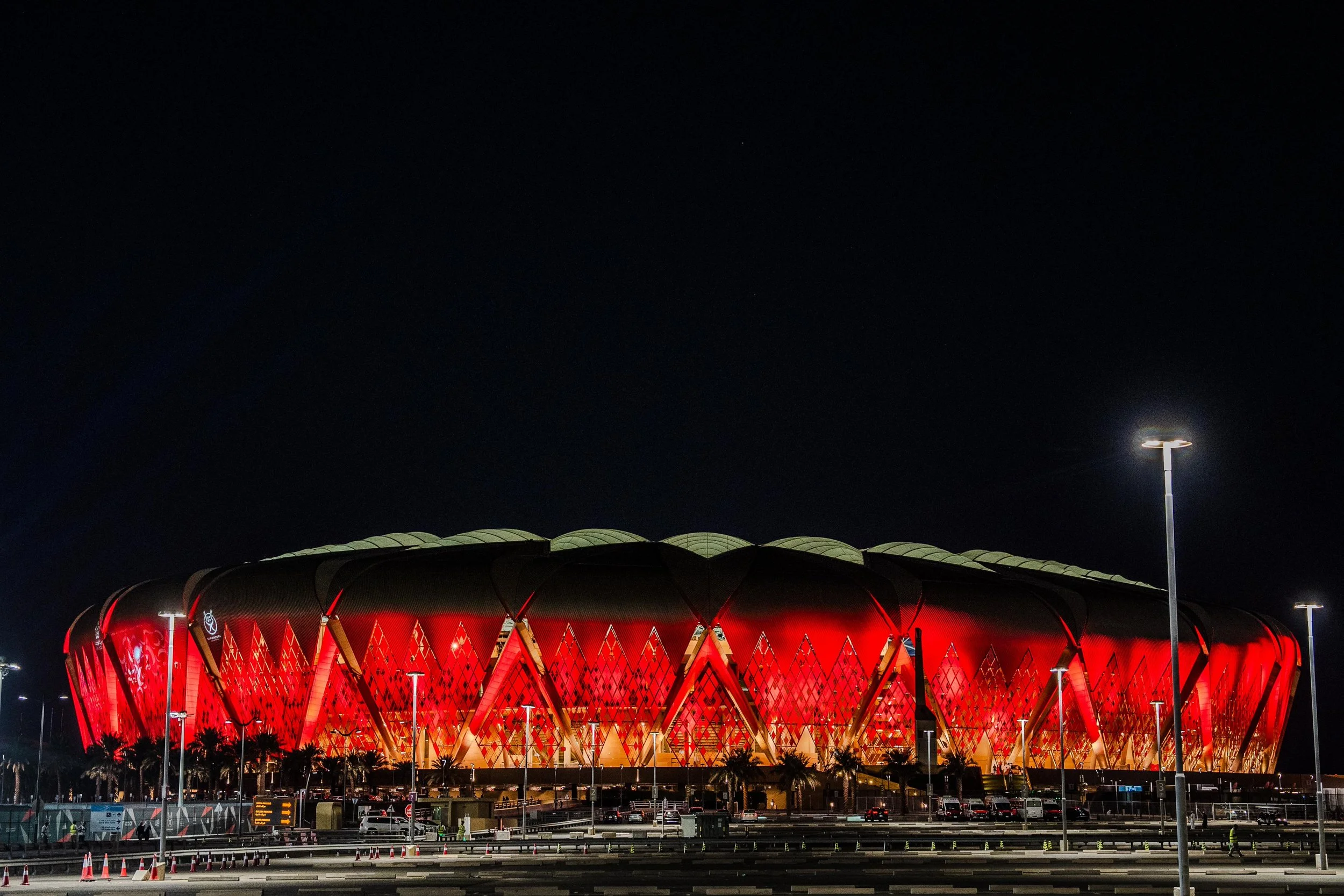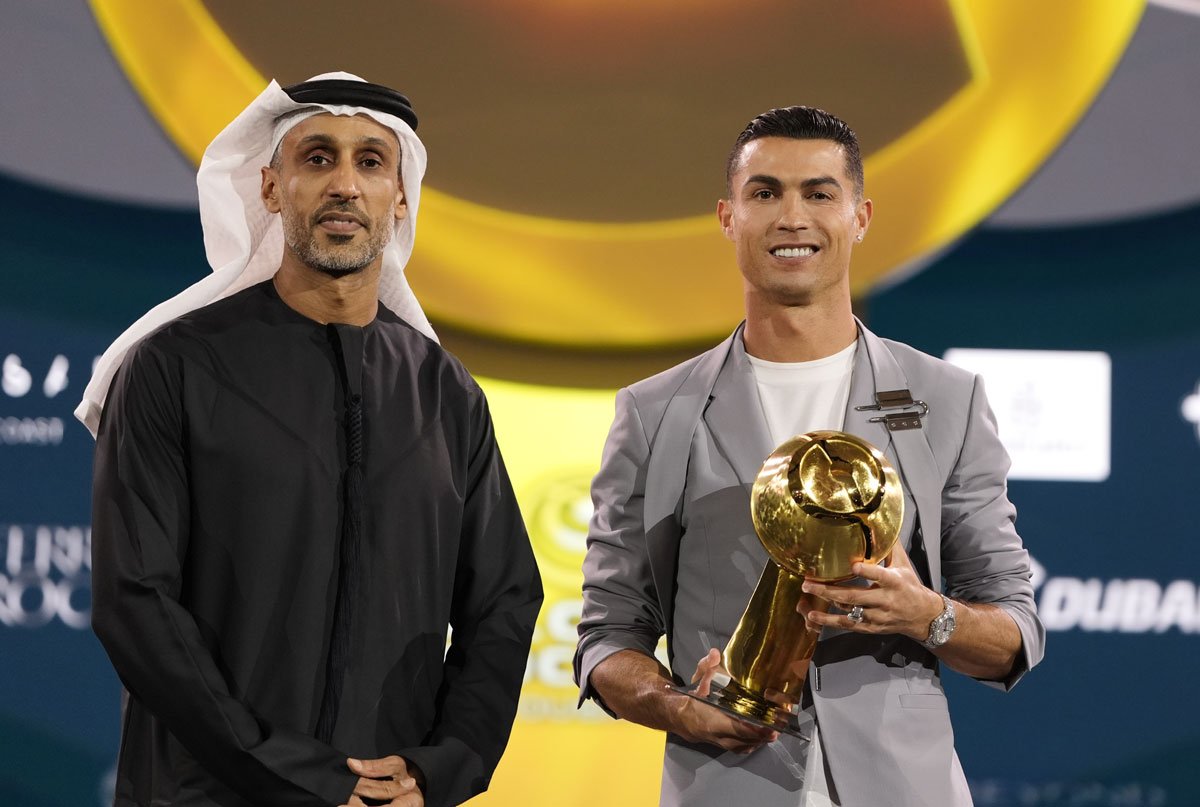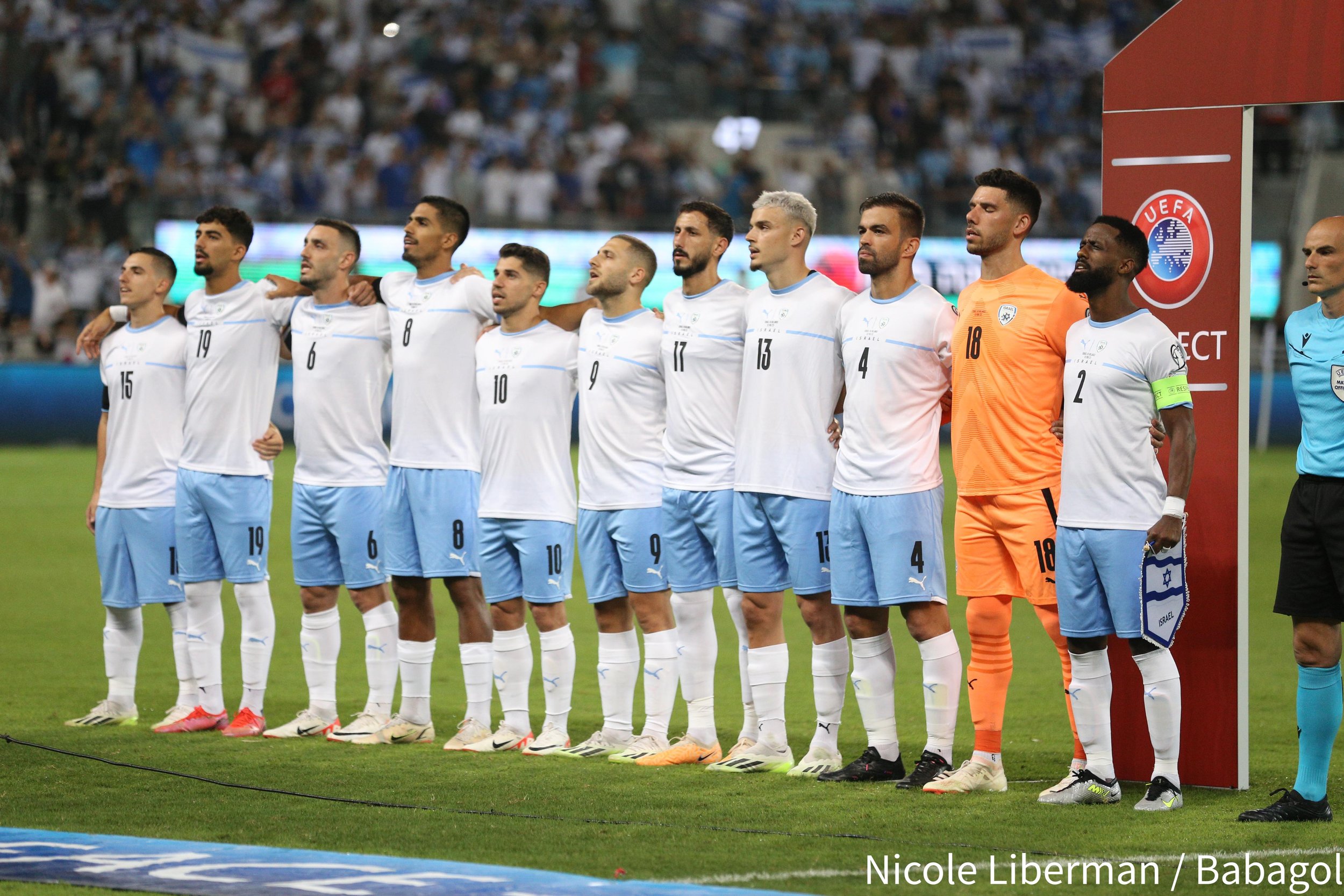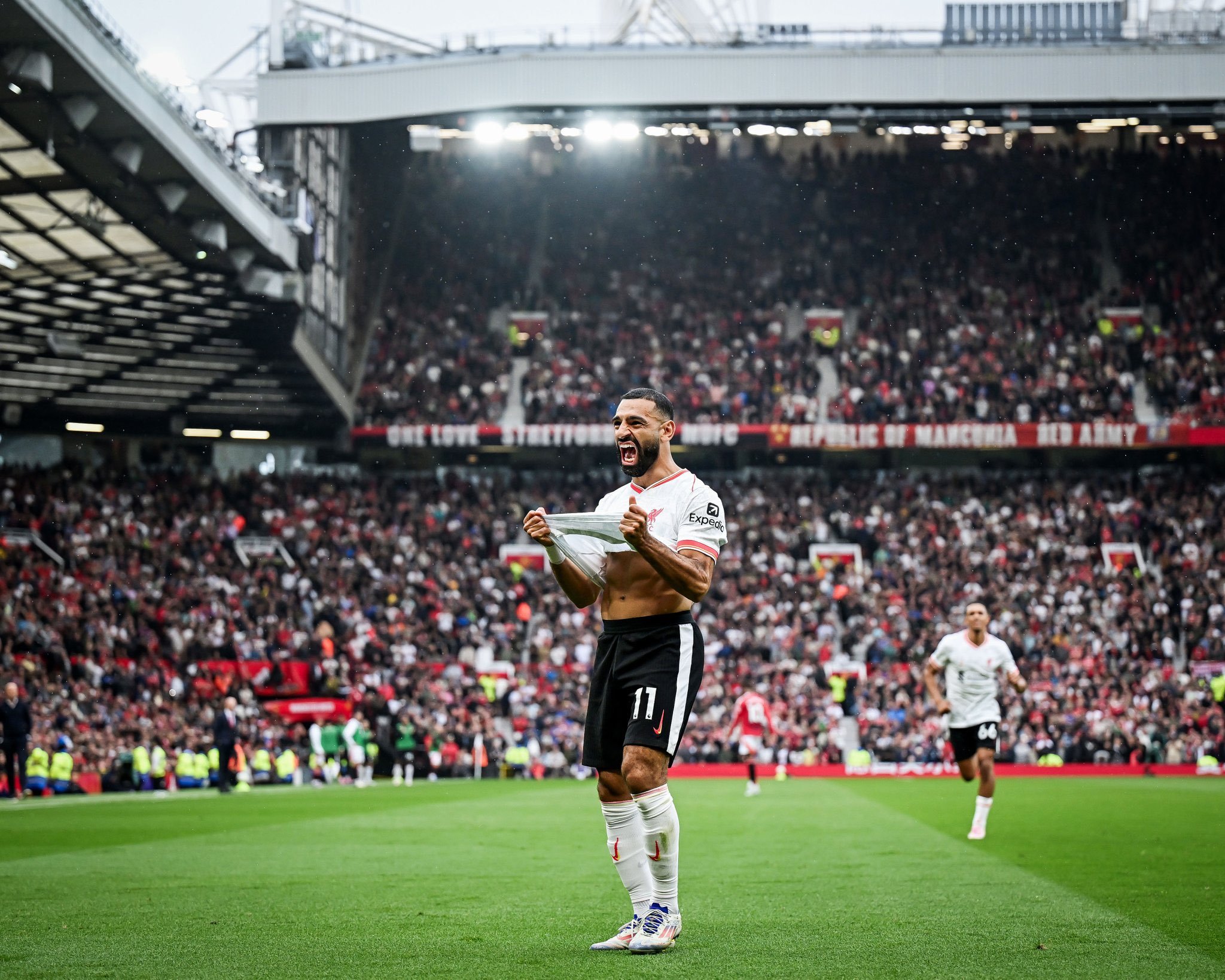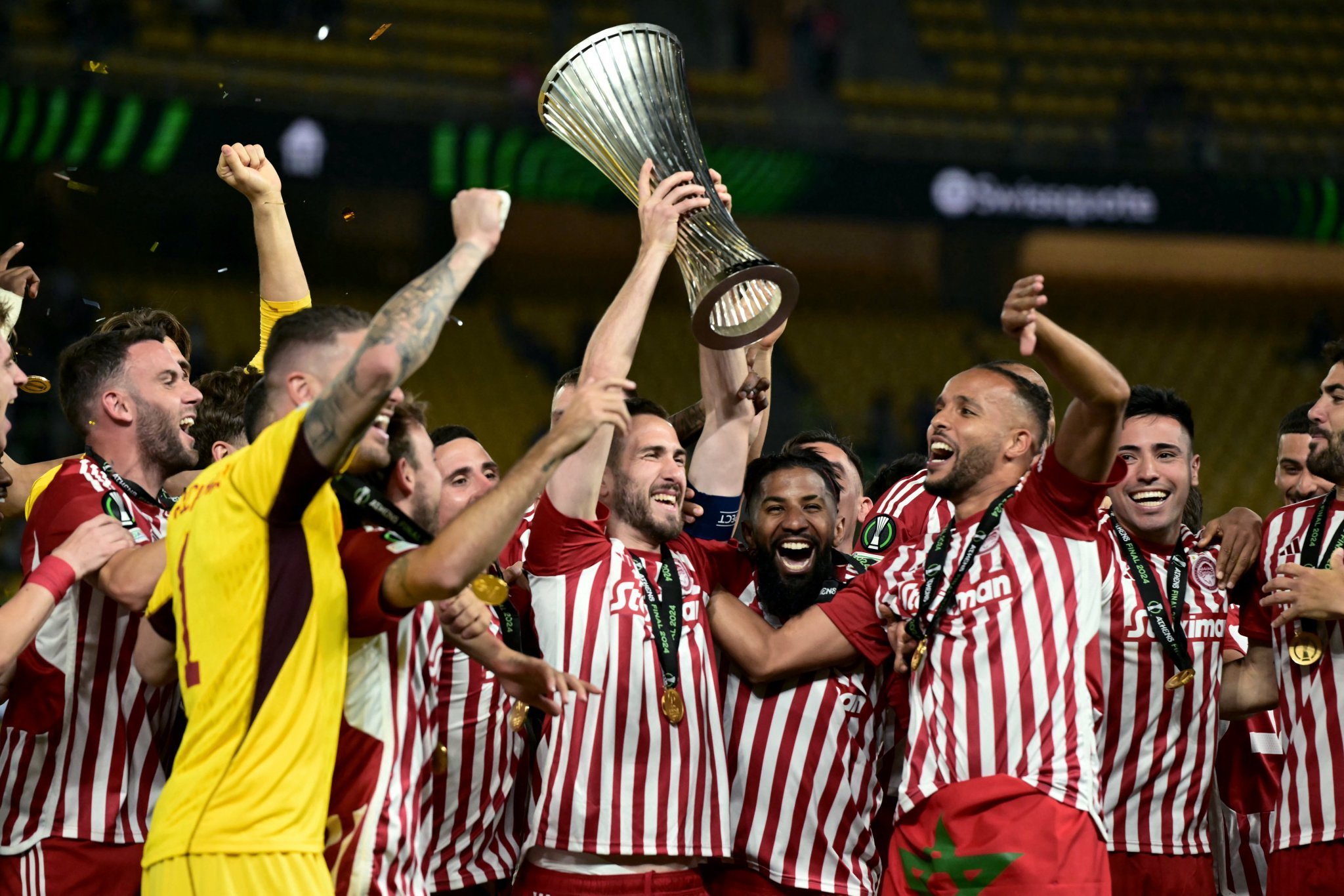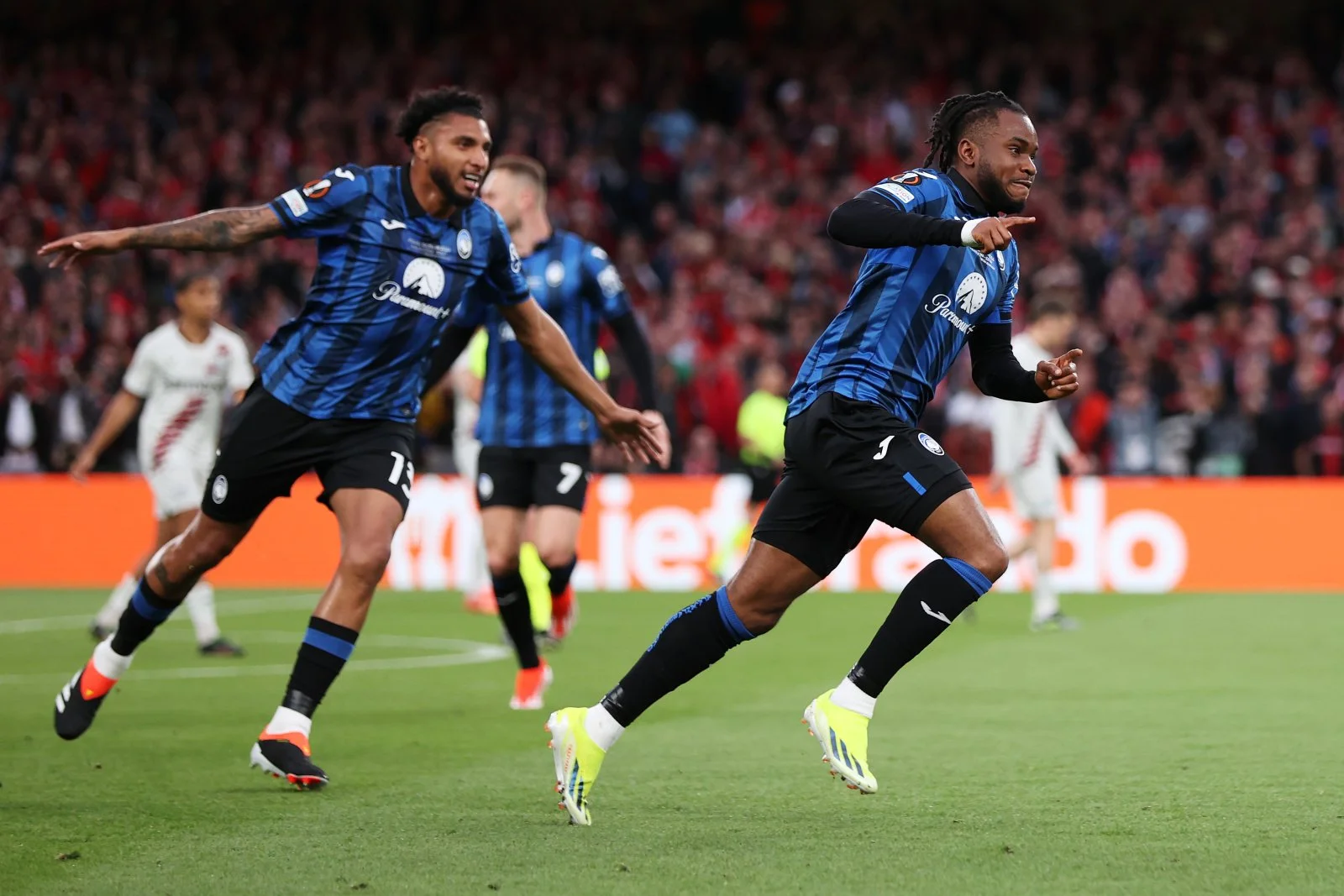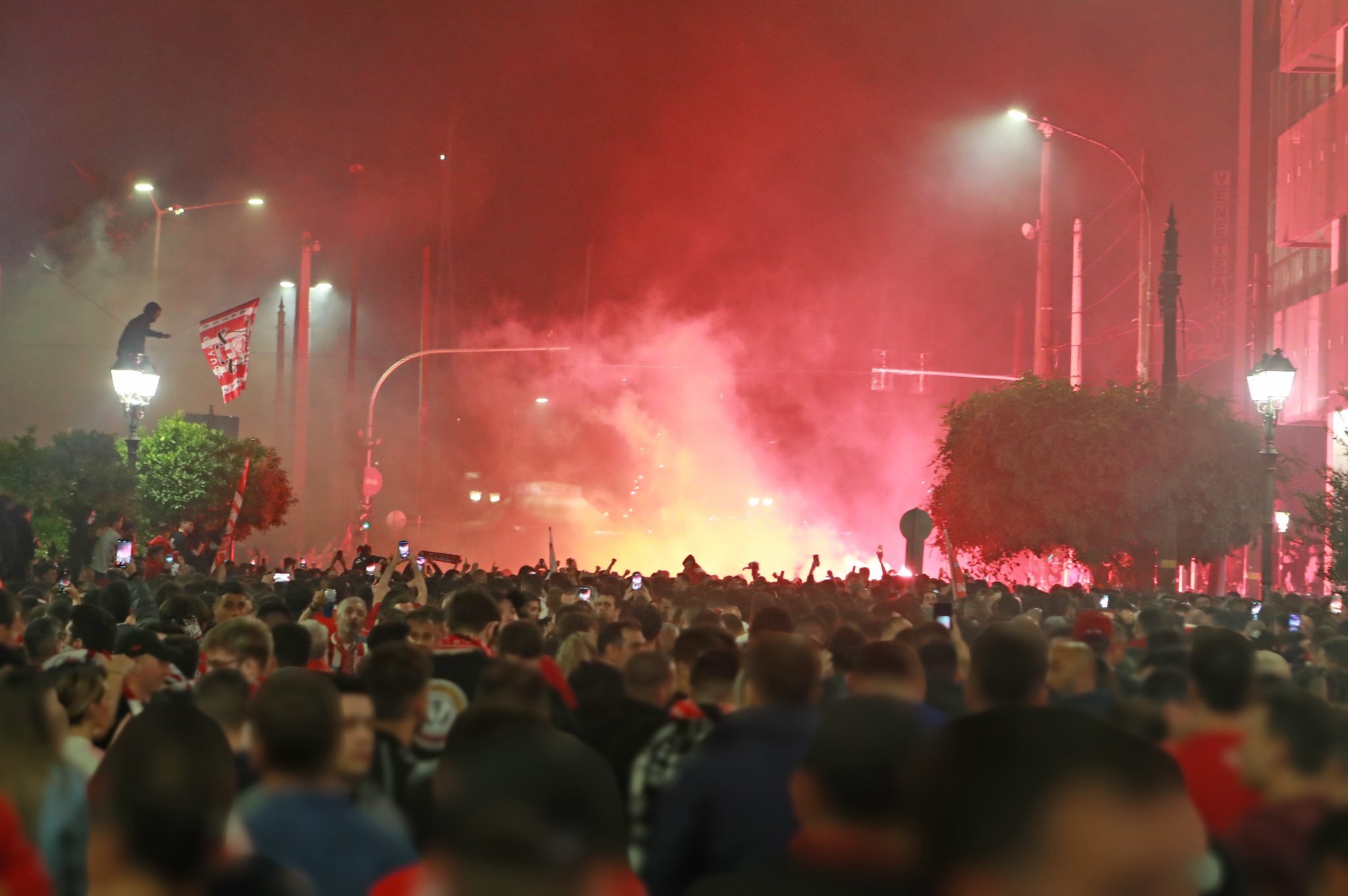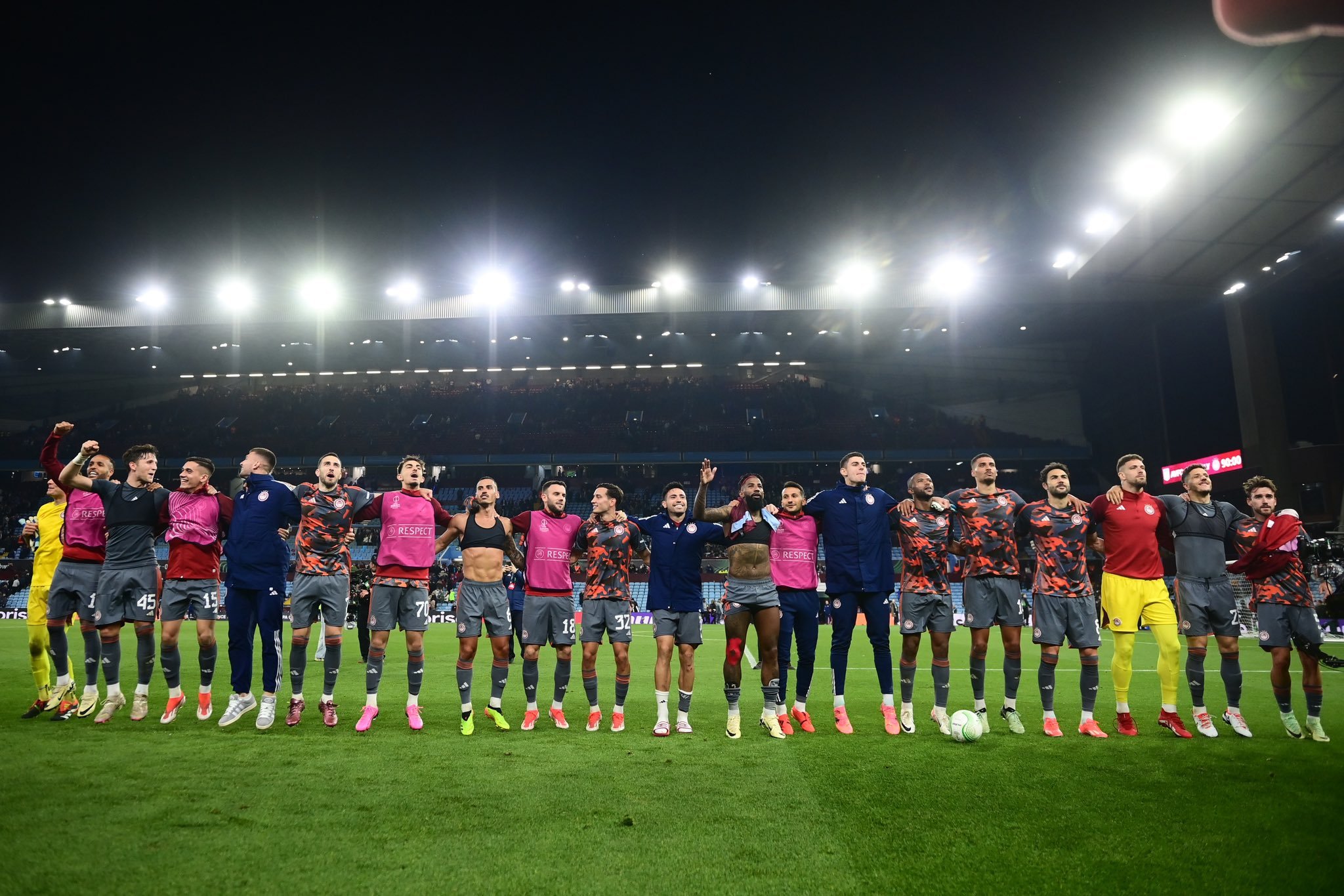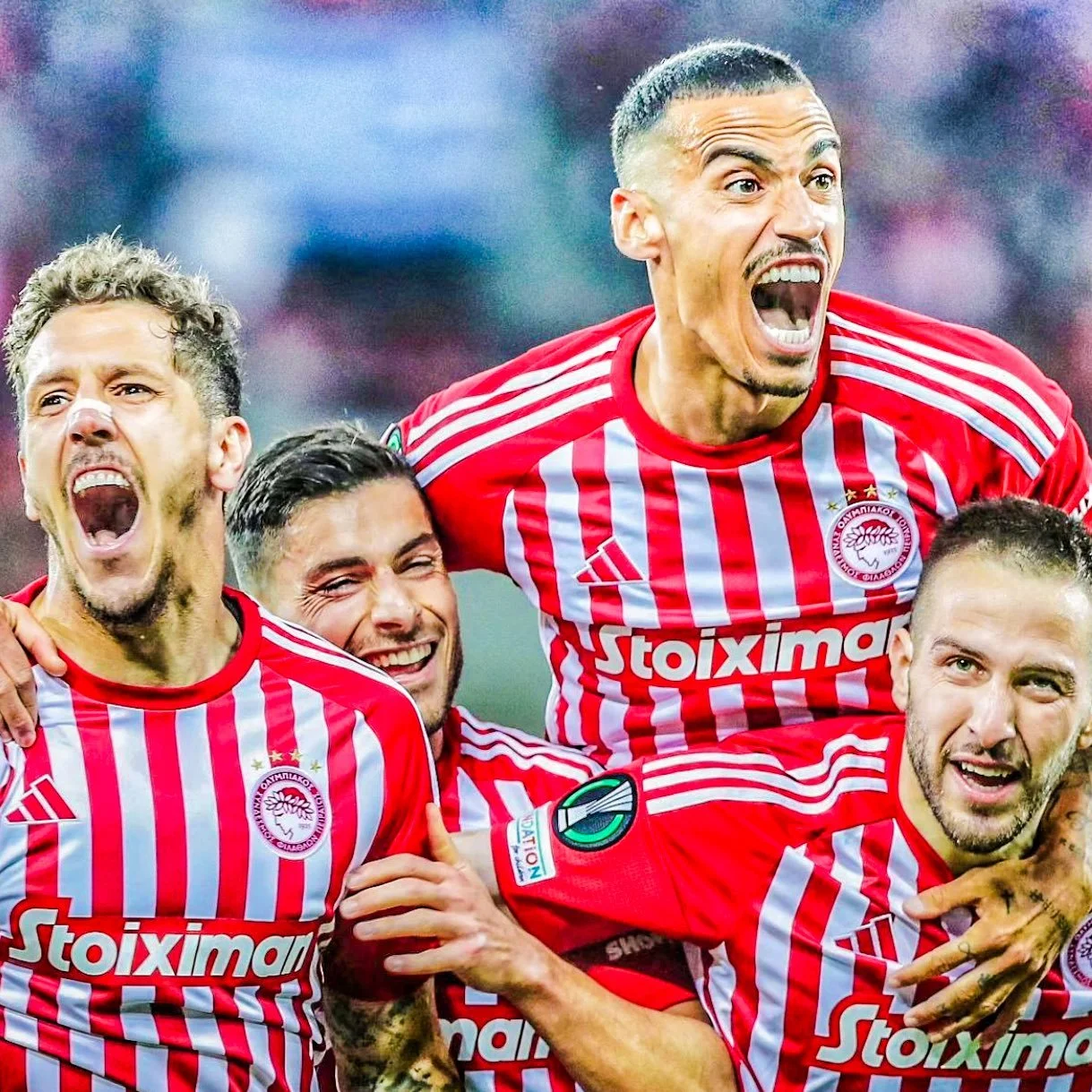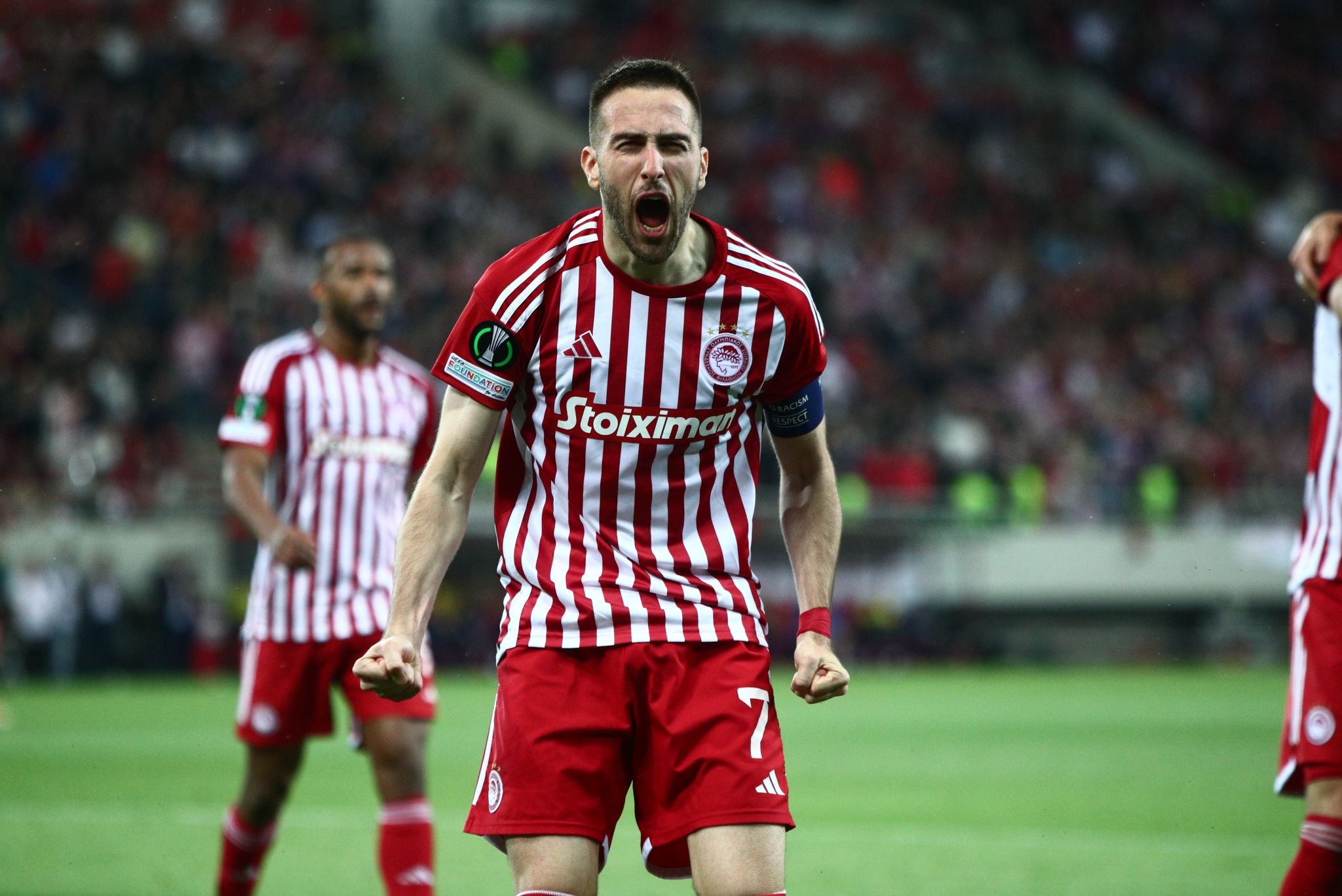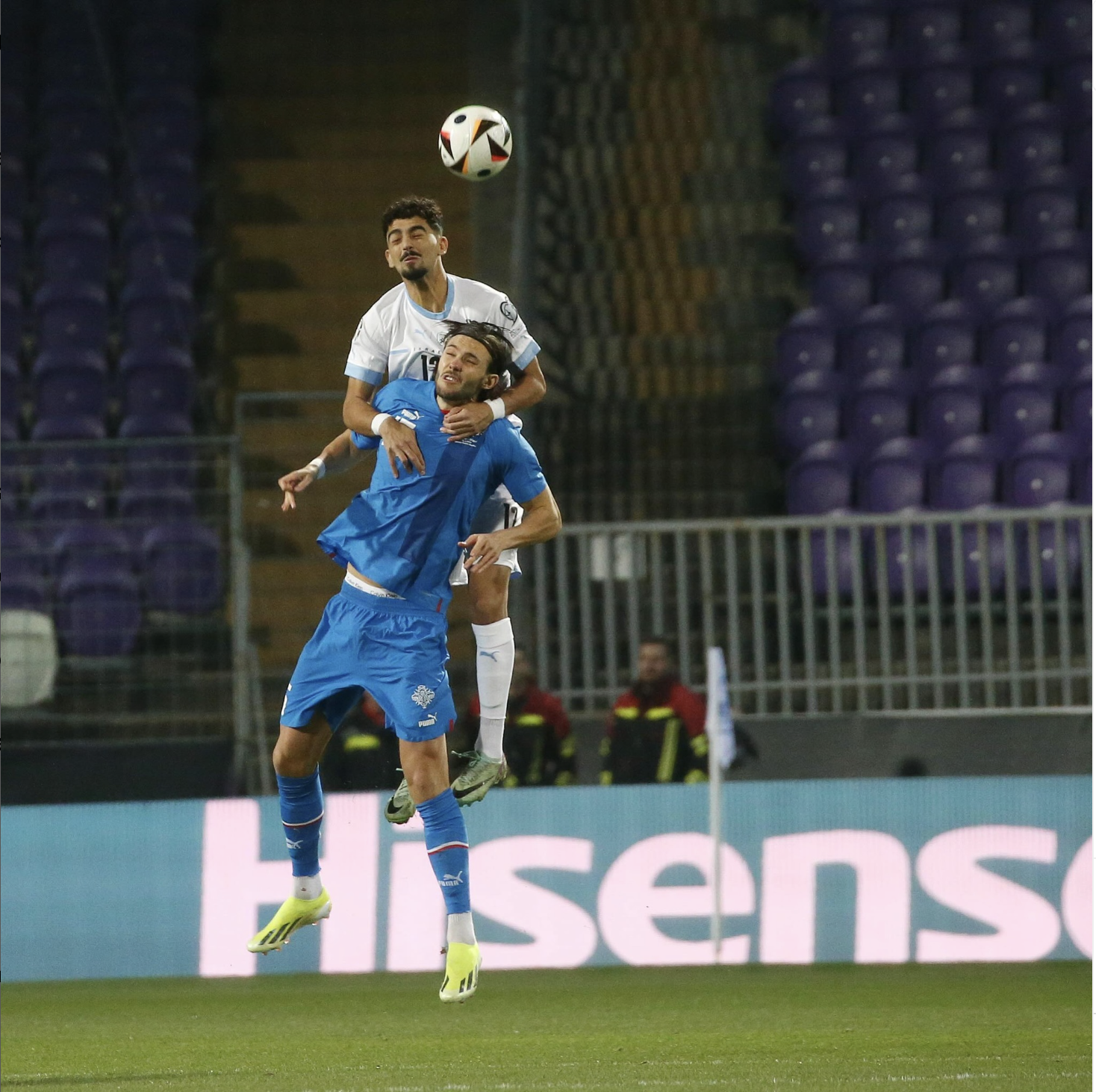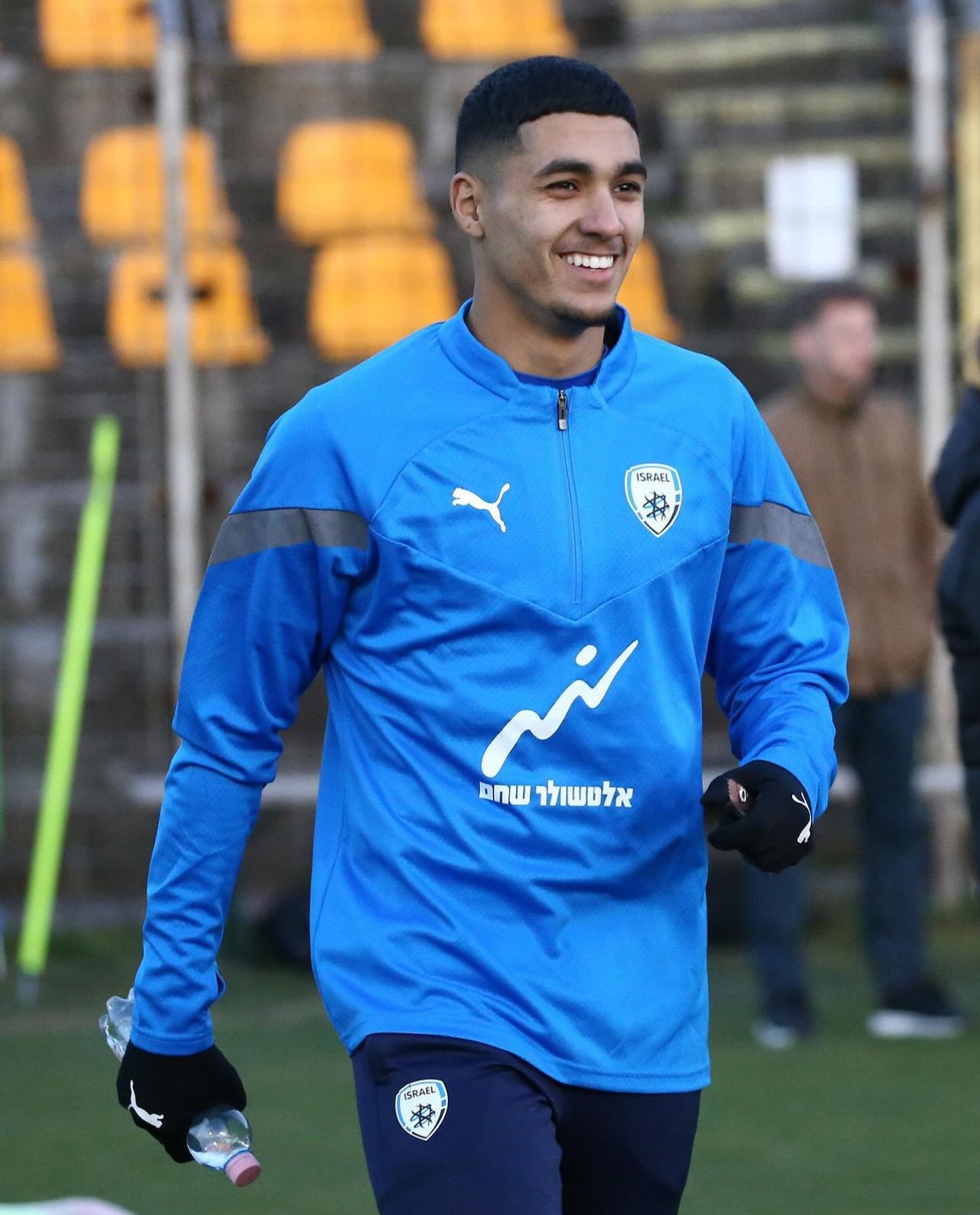"This is Türkiye and there's no way out! This is Türkiye and there's no way out!"
This was just one of the chants that thousands of Turks shouted on Tuesday during the match against Georgia, held in pouring rain in Dortmund. The atmosphere was electric, and for a few hours, the Westfalenstadion resembled a neighbourhood or small suburb of Istanbul - as far from classic Europe as Germany can be.
After World Cups in Qatar and Russia, and a Euro spread across multiple venues with crowd restrictions due to COVID-19, Euro 2024 was supposed to be a celebration of classic Europe - both on the pitch and beyond. Germany is a traditional football nation with fan-friendly stadiums, a long-established rail network renowned far and wide, and highways you can safely speed on.
A week into the tournament, it's clear that this isn't the "perfect football party" everyone thought it would be, but something different, bringing a slightly different message about the host country and perhaps about Europe as a whole.
Türkiye fans turned the Westfalen Stadion into Istanbul. (Photo courtesy: Uri Levy/BabaGol)
"The Other Germany"
One of the most interesting phenomena in the tournament's first week has been the organizational issues that have simply piled up one after another. Endless queues at stadium entrances and media areas, trains running late or sometimes cancelled, and above all, failing to cope with the volume of fans. It seems as if Germany relied on the same infrastructure that served the 2006 World Cup visitors here almost twenty years ago, but barely renovated or adapted it for the current tournament. Internet isn't always stable everywhere, and in some stadiums, the drainage system proved unable to withstand heavy rain, with the downpour during the Türkiye-Georgia match nearly leading to flooded stands.
"Perhaps we should have invested more in infrastructure," one of the tournament organizers tells "Israel Hayom", "but the truth is that for years, German transportation and many other infrastructures have been lagging behind. Germany is changing, and it no longer meets the standards of that stereotypical image of precision and punctuality," he adds with a half-embarrassed smile.
In a sense, he's right. Europe, and Germany, are indeed in the midst of a fascinating and diverse social and demographic change. After decades of immigration waves, absorption of refugees, and labor from African, Asian, and Middle Eastern countries, there has been significant demographic growth of minorities from different religious and social backgrounds than the establishment. This is true for Germany, and also for France, Spain, Italy, and England. In this sense, the old continent, the cradle of nationalism, is not what it used to be.
In Germany, according to various estimates, about seven million Turks and their descendants live, with about 1.3 million being Germans with additional Turkish citizenship. In the 1960s and 1970s, Germany wanted to recover from the damages of World War II and sought cheap labor to accelerate construction and rehabilitation, encouraging immigration of workers, mainly from Türkiye. Sixty years later, a respectable percentage of the population in Germany, one that greatly influences culture, society, and sports, is from the Turkish community in the country.
This hasn't bypassed football. Ilkay Gundogan and Emre Can are among the prominent faces of Turkish society in Germany who also star in the national team at this Euro, after Mesut Ozil previously led the Mannschaft to a World Cup victory, but became a villain after the failure in the 2018 World Cup and opened up the issue of ethnic tension between native Germans and Turks when he expressed support for Erdogan and said the famous phrase: "When we win, I'm German; when we lose, I'm Turkish."
There are other examples too. Nuri Sahin, Borussia Dortmund's new coach who trained Sagiv Yehezkel and Ramzi Safuri at Antalyaspor, actually represented Türkiye at the senior level as a player despite being born in Germany. Kenan Yildiz, Juventus' wonder kid and one of the stars of the Turkish national team in this Euro, also chose to represent his parents' country.
The match against Georgia in Dortmund showed how alive and well the Turkish sentiment is in the hearts of many in Germany. There was a boiling atmosphere in the stands, with several incidents of violence recorded even before the match due to the ancient rivalry between Turks and Georgians, a reminder of the Battle of Didgori from the 12th century when Georgians fought against Seljuk Turks, considered one of the most important victories in Georgian history as a people. Georgian fans sang songs about it and waved signs about that battle, which further provoked the Turks - whether Turkish who came from Türkiye, or Germans with citizenship, or simply those whose families came from Türkiye three or four generations ago.
Atatürk was also present in the stands. Turkish fans in Dortmund (Photo courtesy: Uri Levy/BabaGol)
The Tournament of the Other Europe
Dortmund is among the cities with the highest percentage of residents of Turkish origin in Germany, and the atmosphere there really turned Türkiye into the tournament's second host, no less than Germany. On Saturday, Türkiye "hosts" another match in its new official home - and this time against none other than Portugal and its Cristiano Ronaldo.
Interestingly, Arda Guler - who scored Türkiye's second goal in the victory over Georgia, inherited Ronaldo's record as the youngest scorer in Euro history. Ronaldo is one of the most popular players in Türkiye, and the expected atmosphere in Dortmund is going to be tumultuous and noisy for sure.
The sign that appears here at every corner and in every city in the tournament bears the names of the cities and beside them "United by Football". It's no secret that we're at the peak of a very turbulent and tense period in the world and specifically in Europe - politically of course, but also socially and culturally. After the results of the European Union elections last month, which led to a political crisis and elections in France, Germany is watching with concern and trying to hold onto its iron asset, presenting football as a unifying factor that emphasizes integration and diversity in a society that is much more diverse than it was in the past.
Still, the atmosphere here is excellent, but on the other hand, there's a subtle tension in the air between native Germans and immigrants and their descendants. A tension that is felt strongly when there's a national awakening with national team games, and even more so when hosting a home tournament. With wars, both the one in Ukraine and the one in our region, ongoing in the background, tensions between East and West and Islam and the West are awakening. The games and atmosphere around Türkiye are just a small example of a much broader and deeper phenomenon. And this is felt in Germany's games and especially in Türkiye's first game. In this sense, the current Euro is indeed a perfect football party - perhaps a farewell party for the Europe of the past, or maybe actually an opening party for the new Europe - the first tournament in classic Europe, which is no longer so classic.
We might get hints of this on Saturday when Türkiye and Ronaldo's Portugal meet again, in the new Istanbul. Sorry, in Dortmund.

